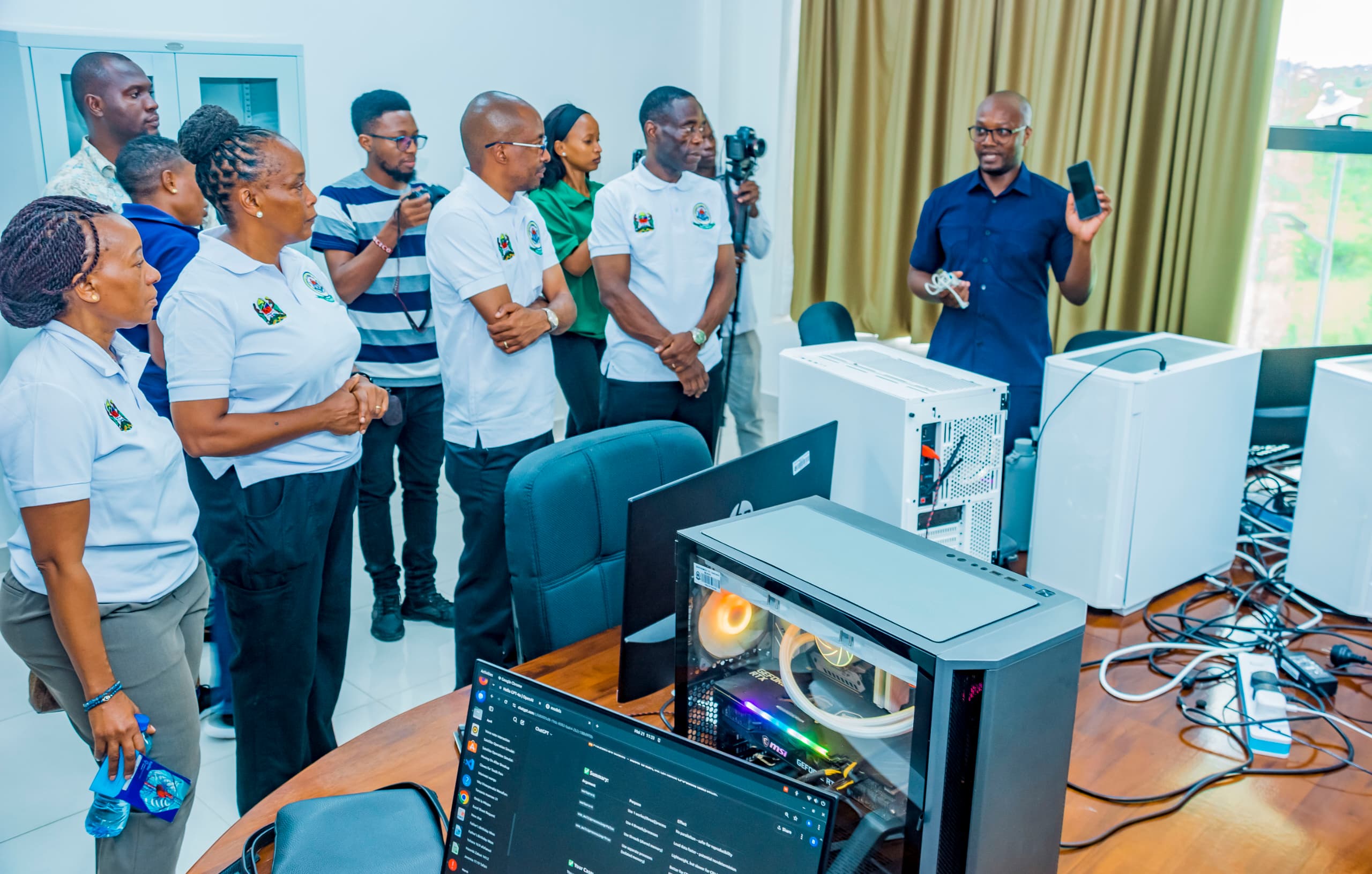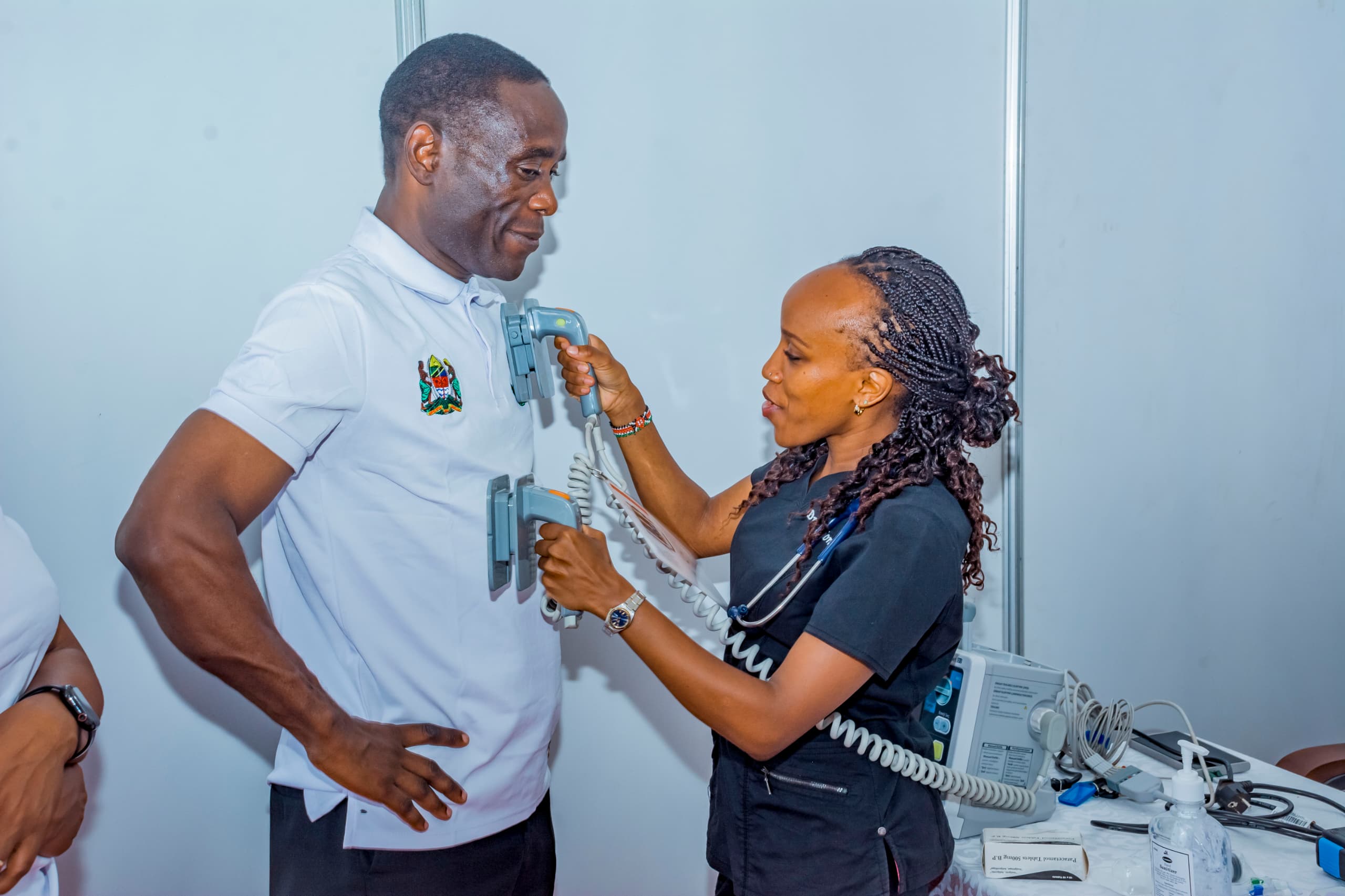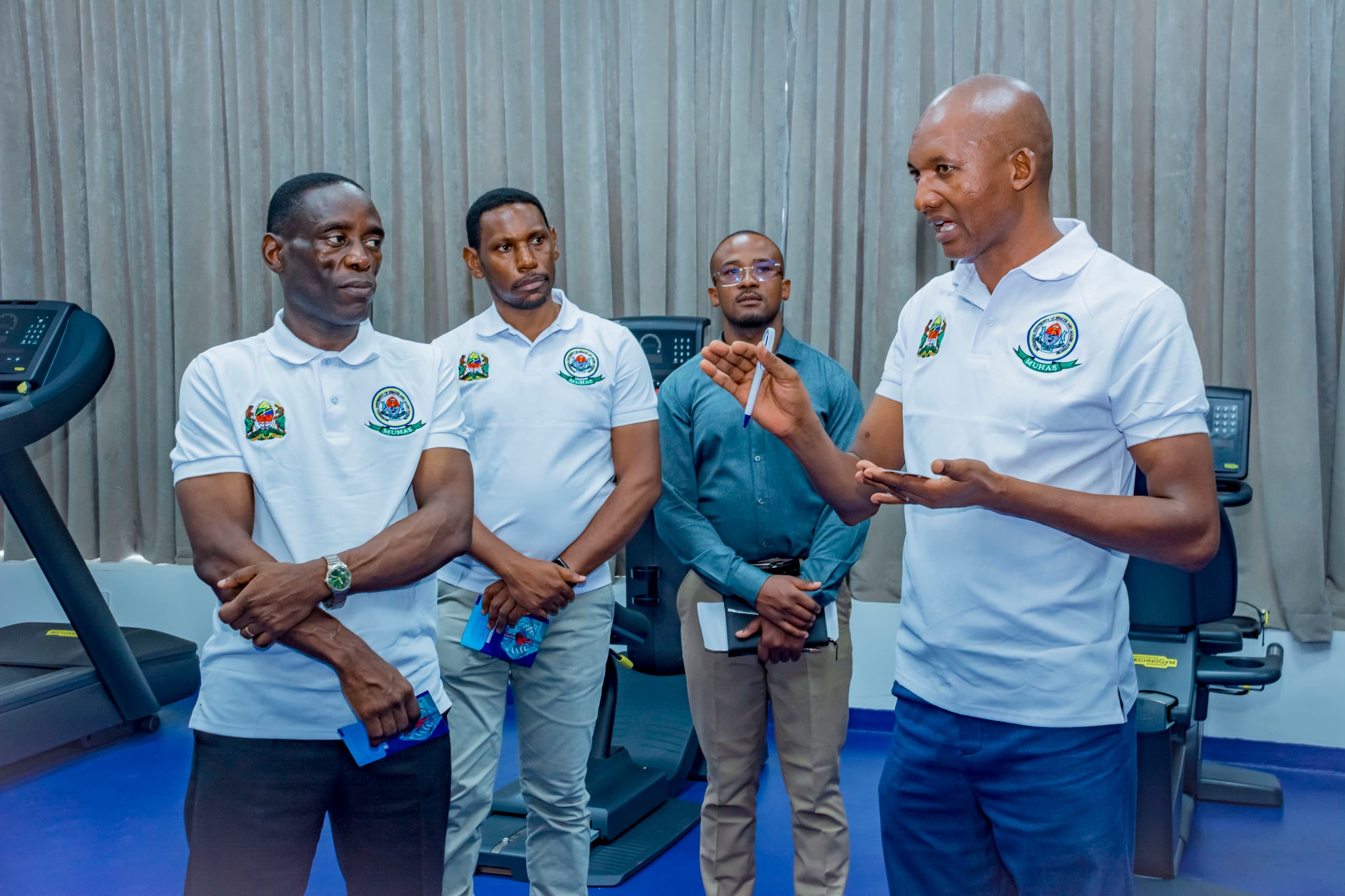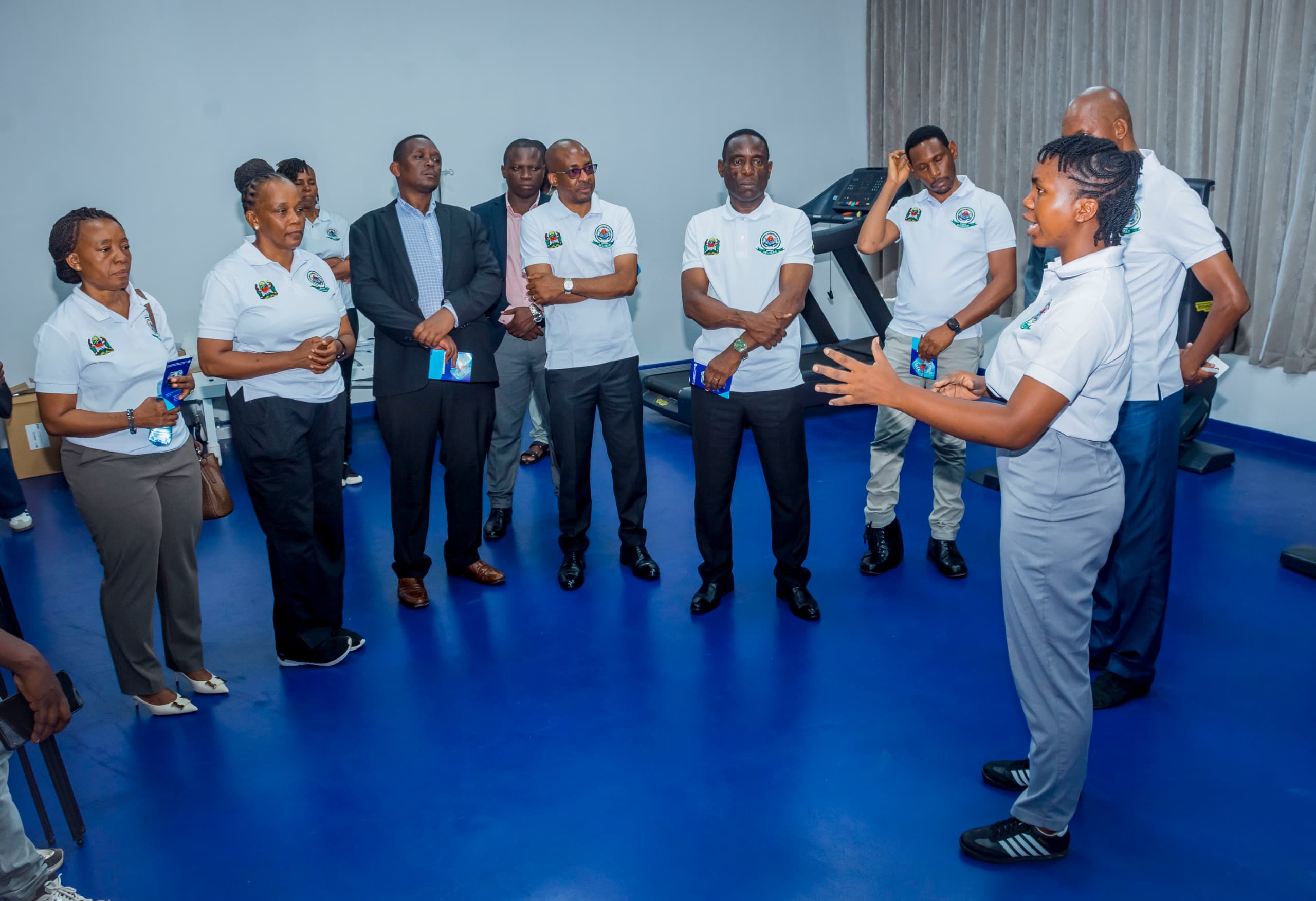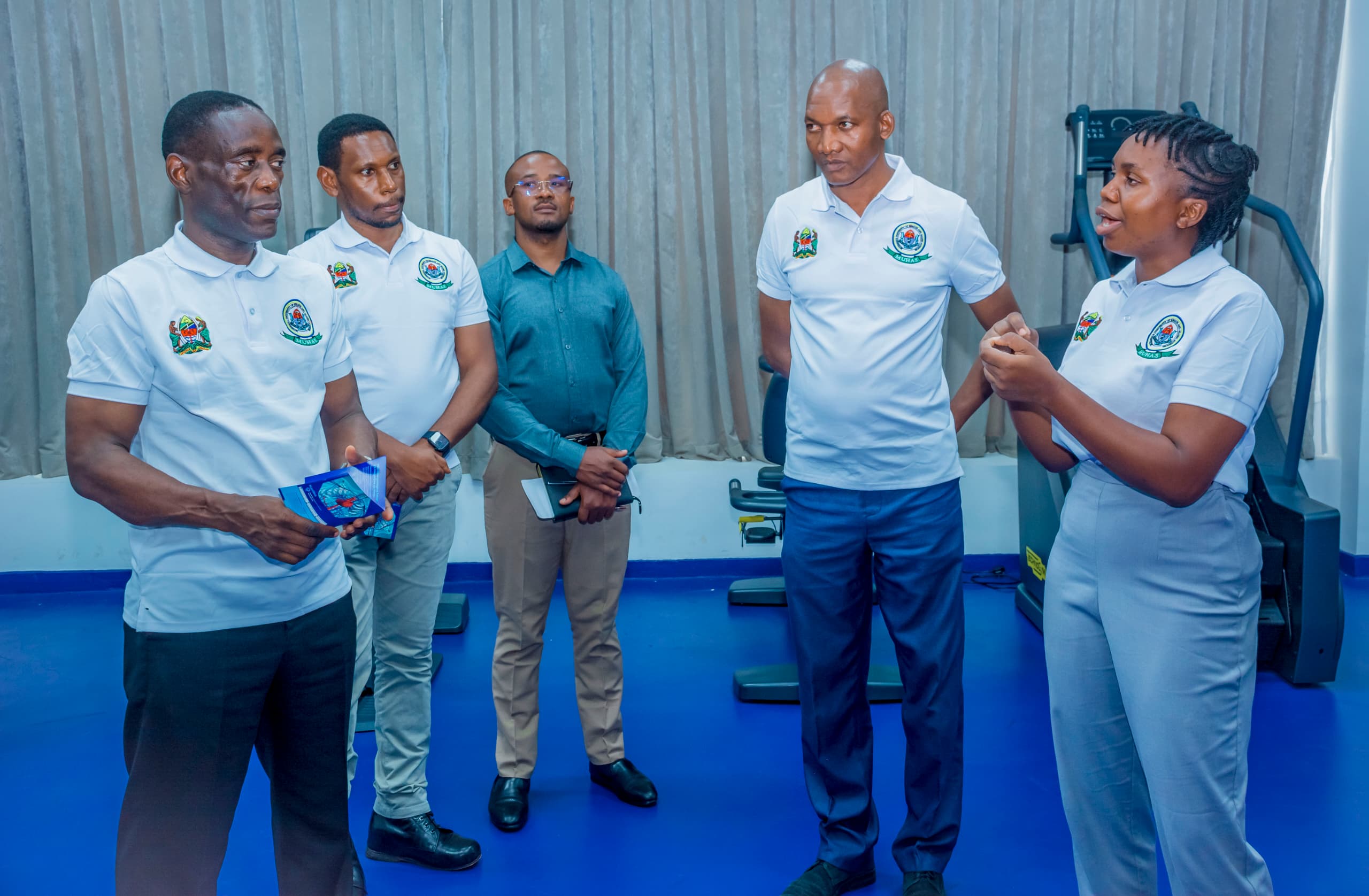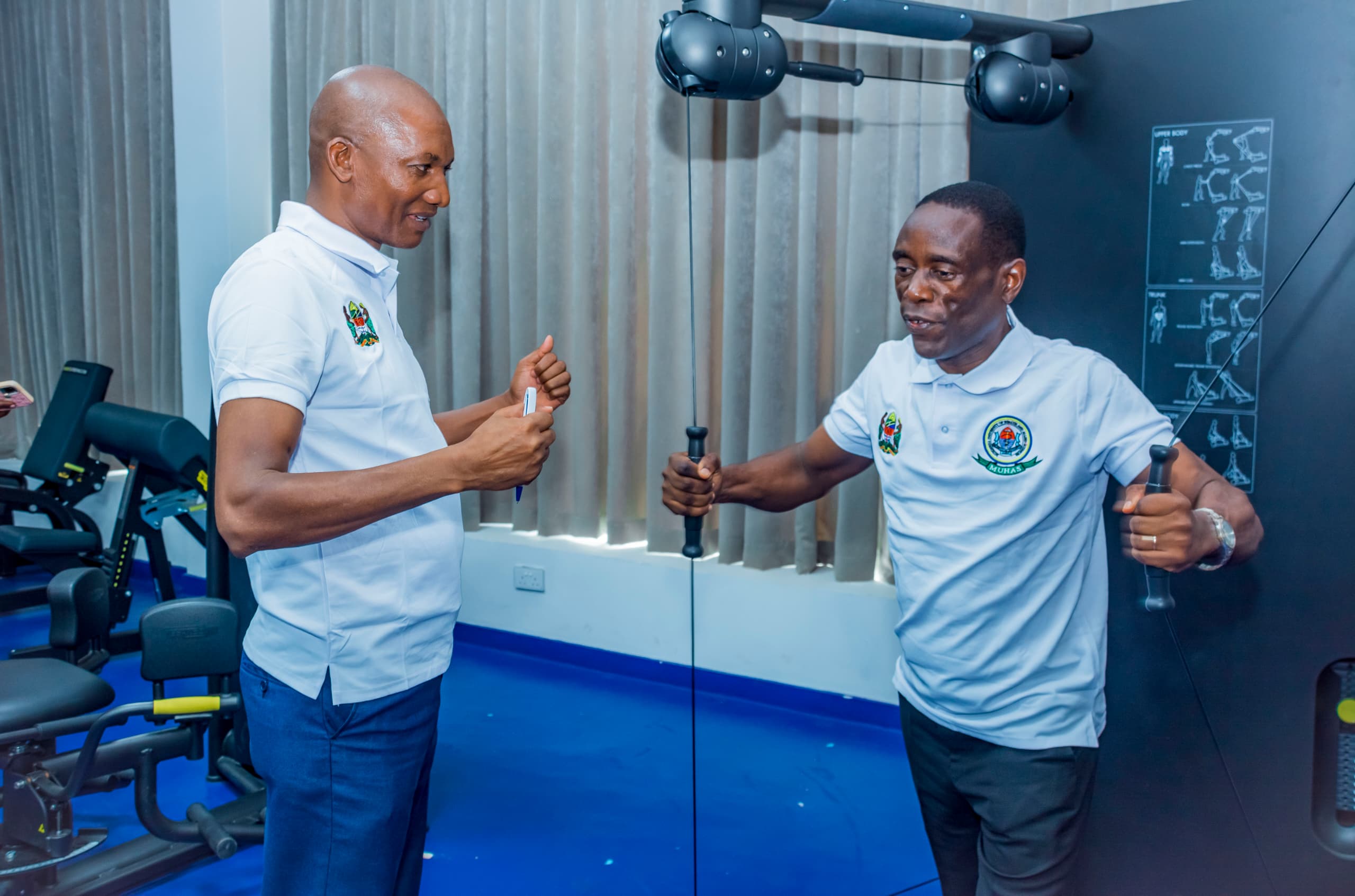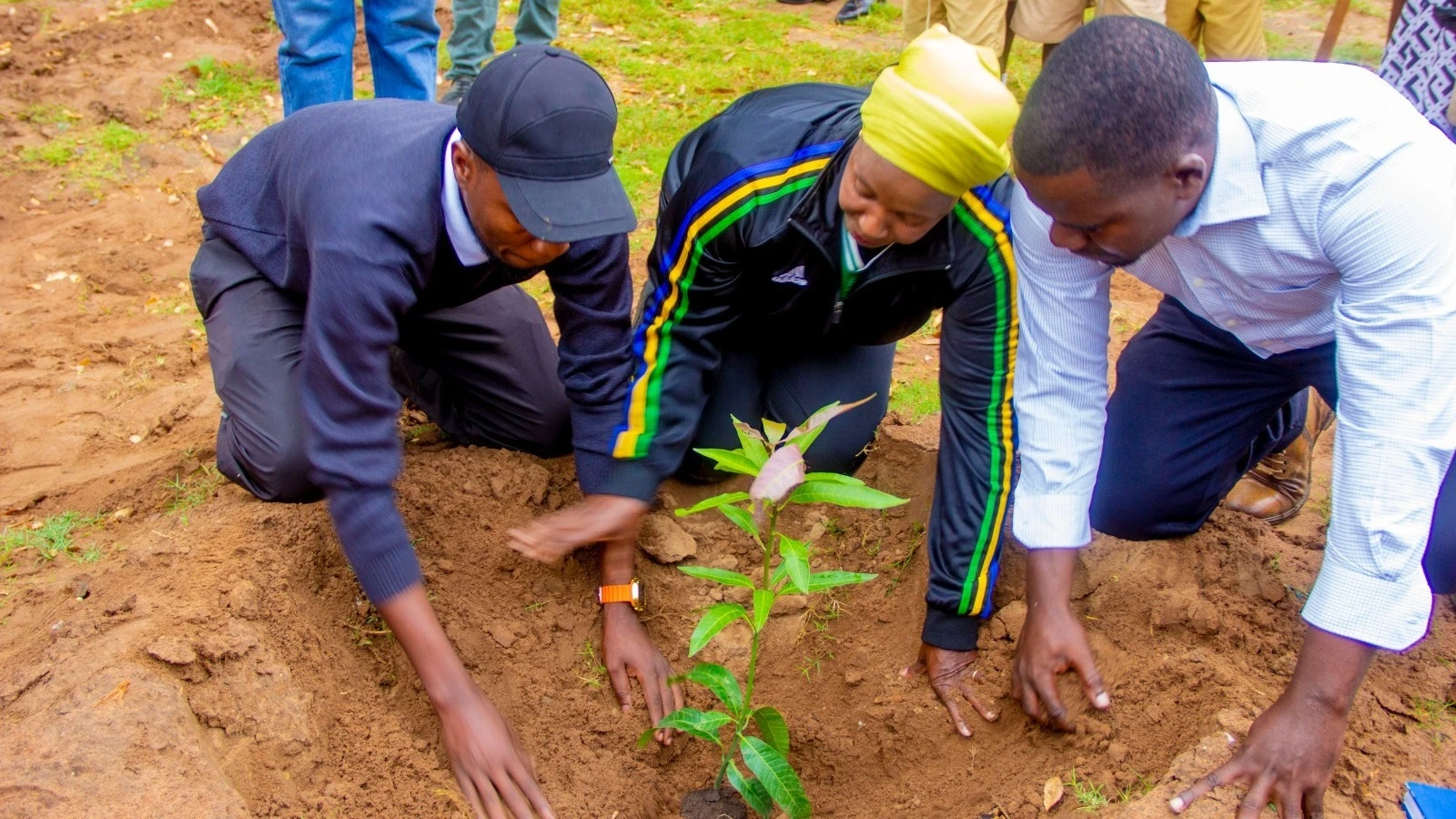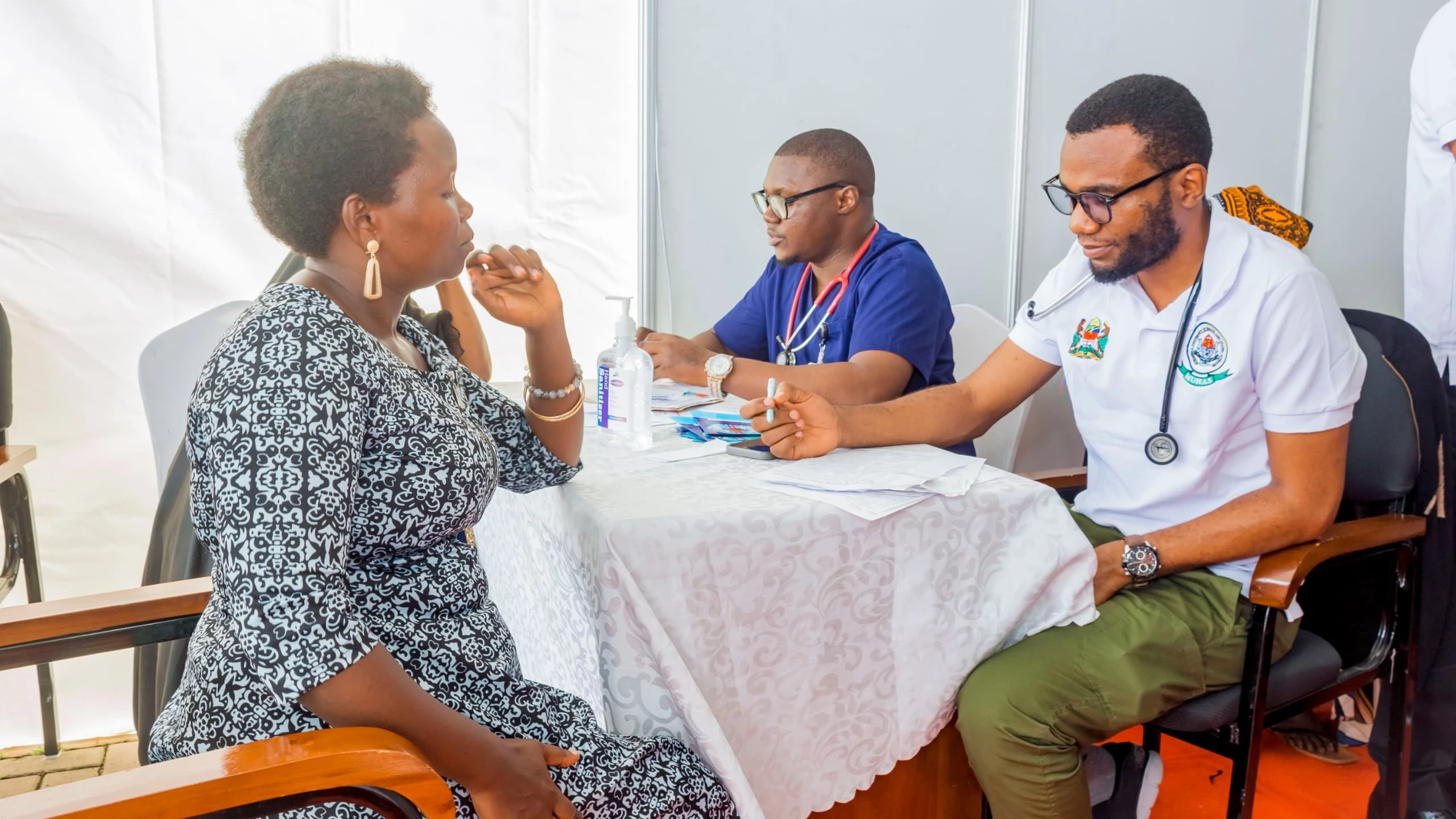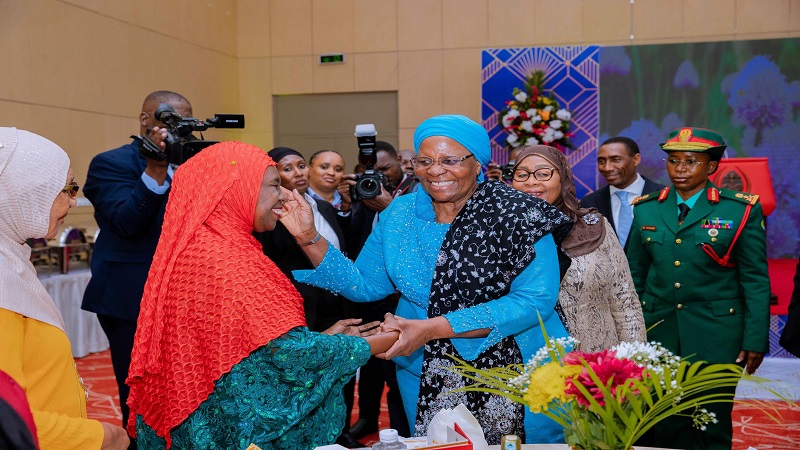MUHAS VC calls for regular heart health checks

The Vice Chancellor of Muhimbili University of Health and Allied Sciences (MUHAS), Prof. Appolinary Kamuhabwa, has emphasized the importance of cardiac regular check-ups—as a crucial measure in early disease detection and cost reduction.
Prof. Kamuhabwa made the remarks yesterday in Dar es Salaam during the official launch of a two-day free cardiac screening camp held at the university’s Mloganzila Campus.
He said the initiative was part of a broader effort to address the rising burden of cardiovascular diseases and marks a key activity in the lead-up to the inauguration of the East African Community Centre of Excellence for Cardiovascular Services.
“Early detection can significantly reduce treatment costs and, more importantly, save lives,” he said.
“This screening camp comes at a time when cardiovascular disease statistics across East Africa are on the rise. The Centre of Excellence is a timely and strategic response to this growing health crisis.”
Once operational, the center is expected to revolutionize the management of cardiovascular diseases in Tanzania and the wider East African region.
MUHAS currently offers 93 specialized academic programs.
Among them is the Master of Science in Medicine, which admits 20 students annually, along with programs in Pediatric Cardiology and Cardiovascular Conceptualization, each enrolling 10 students per year.
Also,the university is also working to expand its curriculum to include new programs in cardiovascular surgery, anesthesia, and nursing, in response to regional healthcare demands.
Prof. Emmanuel Balandya, MUHAS Vice Chancellor for Academics, highlighted the institution’s cross-border reach, noting that approximately 10 percent of patients treated at MUHAS health facilities come from neighboring countries.
“This reflects the growing regional demand for specialized care,” he said.
“To support both our academic and clinical goals, MUHAS is making significant investments in state-of-the-art research and teaching equipment. Preparations are also underway to introduce comprehensive physiology services.”
He said through its proactive strategy, MUHAS demonstrates that prevention, public awareness, and innovative healthcare solutions can make a meaningful difference—potentially saving thousands of lives in the years to come.
Members of the community who participated in the screening camp expressed appreciation for the initiative.
Mtemi Chitema, a resident of Mahunguchira in Mbagala, Temeke, praised the service and called for similar efforts to be brought closer to the people.
“This is a valuable initiative that should be sustained and expanded,” he said. “District-level health facilities should also offer permanent screening services to improve access to routine check-ups.”
Maria Thadeus, a resident of Mbezi, echoed those views, commending the professionalism of the medical staff and the quality of care she received at the camp.
The urgency of such programs is underscored by global health data.
According to the World Health Organization (WHO), cardiovascular diseases remain the leading cause of death worldwide, responsible for an estimated 17.9 million deaths in 2019—accounting for 32 percent of all global deaths.
Alarmingly, over three-quarters of these deaths occur in low- and middle-income countries, including many in Africa.
In East Africa, lifestyle factors such as poor diet, physical inactivity, tobacco use, and excessive alcohol consumption continue to fuel the crisis.
Top Headlines
© 2025 IPPMEDIA.COM. ALL RIGHTS RESERVED



